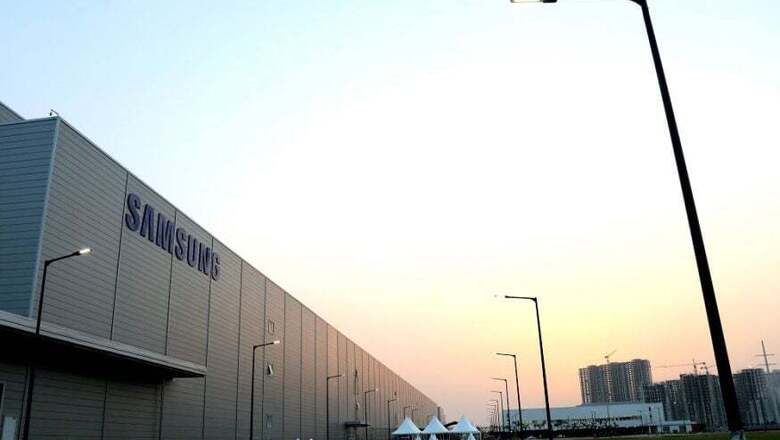
views
The Indian government has reportedly advanced the Phased Manufacturing Programme (PMP) timetable by two months. This is going to hit manufacturers hard as the new order mandates companies to begin local manufacture of components like touch panels and displays starting next month. Failure to do so would mean a 10 percent import duty, along with a 1 percent surcharge.
Prior to the release of the new order, the Phased Manufacturing Programme was scheduled to take effect in March 2020. This meant that companies had the option to start manufacturing these components anytime by March 31, 2020.
Why was PMP introduced?
India today ranks as the second largest smartphone market after China, with a valuation of Rs 1.3 lakh crore as per industry estimates. The PMP for mobile handsets was introduced in India as a move to curtail the presence of Chinese smartphone manufacturers that have taken over market with their products.
Organisations like the Consumer Electronics and Appliances Manufacturers Association (CEAMA) and the India Cellular and Electronics Association (ICEA) are also said to be in talks with the government to delay the implementation of PMP for display assemblies.
The ICEA had earlier written a letter to the Prime Minister’s Office requesting the government to first implement the PMP timetable for the past two years as manufacturing of these components have not fully taken off. The organisation believes that several mobile phone assembly units in the country could shut down if PMP is implemented early.
Samsung is not impressed
Samsung has not taken this development so well as a report suggests that the company has informed the government it will be reducing mobile phone manufacturing in the country. Further, it will stop local production of flagship smartphone models like Galaxy S9 and Galaxy Note 9 and curtail exports of smartphones unless the government rethinks its recent actions.
Currently components like the display and touch panels are not sourced locally. It is noteworthy that the display panel accounts for about 25-30 percent of the total cost of a smartphone. If the government plans to levy import duties on these parts, the cost of manufacturing smartphones, especially flagships, will go up substantially.
“We will have to stop the manufacturing of Samsung flagship products (Note 9 and S9) in India,” according to a letter sent by Samsung India Electronics to the government.
The Korean tech giant is said to be working on setting up a display assembly plant for mobile phones costing close to $100 million which will have the ability to produce AMOLED screens. This plant is said to be operational by April 2020.


















Comments
0 comment